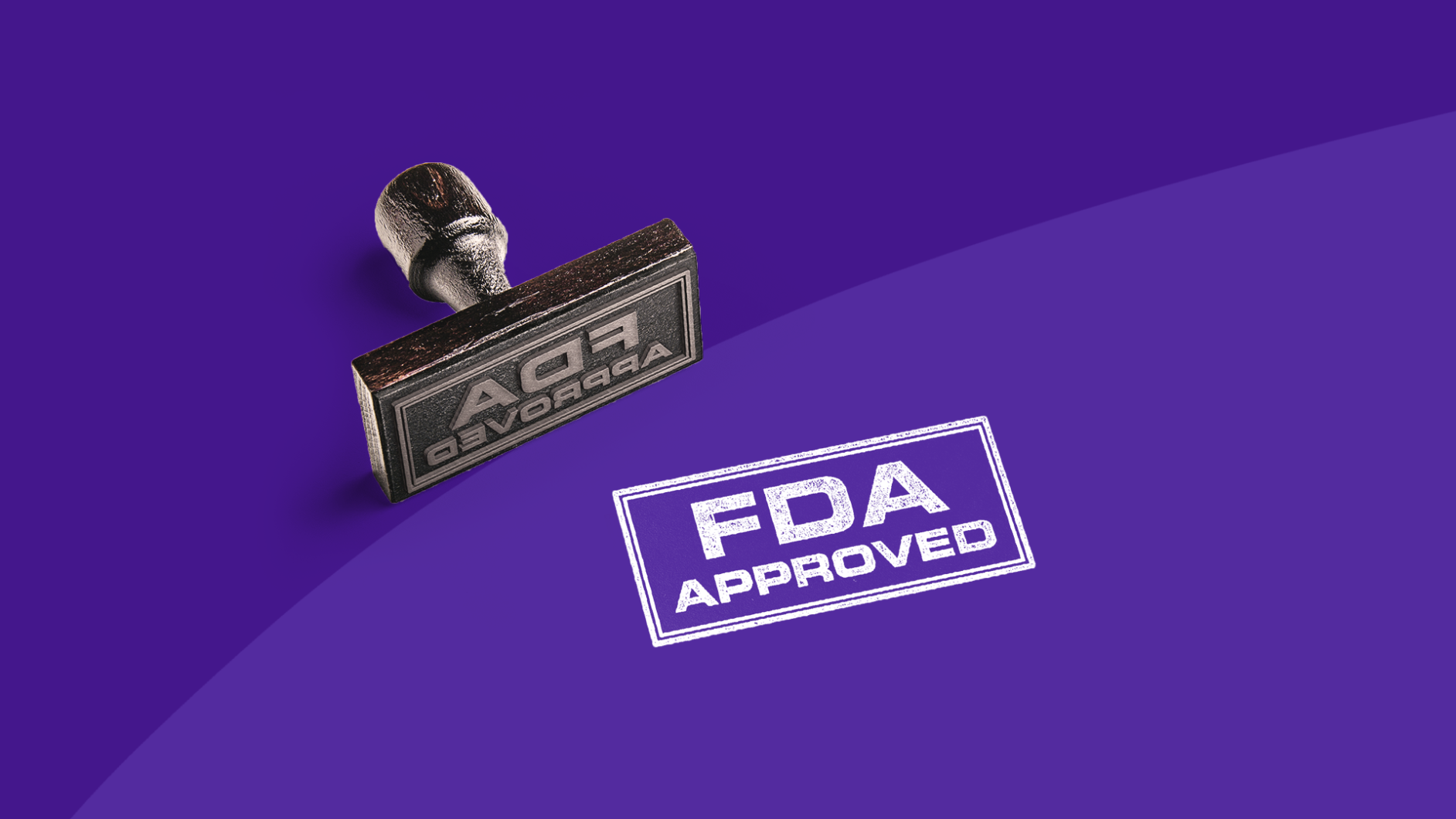While not a cure for HIV, a recent FDA approval will help people with HIV live longer. In February 2018, the Food and Drug Administration (FDA) approved the use of Biktarvy for the treatment of HIV-1 infections in adults. While Biktarvy (or any other current HIV medicine) cannot cure HIV or AIDS, in combination with other HIV medicines, it can help HIV-infected people live longer and reduce the possibility of infecting other individuals.
Biktarvy can be prescribed to patients who have never taken HIV medicines before. It can also replace the HIV medicines of patients currently on an HIV regimen. Biktarvy should not be taken with other HIV-1 medications.
What is Biktarvy?
Biktarvy is a pill that contains three active ingredients. One is called bictegravir—it is a new drug. It works by blocking an HIV enzyme called integrase. Integrase is an enzyme that HIV relies on to replicate itself and spread throughout the body, so by blocking the enzyme, bictegravir prevents HIV from multiplying and decreases the amount of HIV in the body. The other two active ingredients are emtricitabine (also known as Emtriva) and tenofovir alafenamide (also known as Vemlidy). These two drugs, previously approved for HIV-1 treatment, are nucleoside reverse transcriptase inhibitors. They block an enzyme called reverse transcriptase, preventing the HIV virus from making copies of itself.
What is Biktarvy used for?
Biktarvy, as one pill containing three drugs, stops HIV from multiplying. By stopping the multiplication of HIV, Biktarvy can reduce the viral load in the body (a measurement of how many virus particles per milliliter are in the bloodstream) to undetectable levels. It also increases the number of immune cells in the blood.
How was Biktarvy approved?
The decision to approve Biktarvy comes after Gilead Sciences, the company behind the drug, announced the results from four, 48-week clinical trials of 2,414 adult patients with HIV-1 infection. The studies found that Biktarvy worked as well as other common HIV regimens, decreasing the viral load and increasing CD4+ immune cells.
Biktarvy vs. other HIV regimens
A frequent problem with HIV regimens is treatment-emergent resistance. This is when HIV develops a resistance to the drugs being used to stop the virus from replicating. Patients in the study who were treated with Biktarvy were shown not to develop a treatment-emergent resistance to the drug.
Gilead is funding additional clinical trials of Biktarvy to study the effects of the drug on women, adolescents, and children living with HIV.
How fast does Biktarvy work?
Biktarvy can lower the levels of HIV in your blood to undetectable amounts in as quickly as 8–24 weeks.
Biktarvy side effects
As with most drugs, side effects have been recorded with the use of Biktarvy. The most serious of these is an acute exacerbation of Hepatitis B, and a buildup of lactic acid in the blood also known as lactic acidosis. Biktarvy side effects can also include kidney problems, diarrhea, headache, dizziness, nausea, and changes in the immune system. Some older HIV treatments may cause hair loss, but this is not a reported side effect of Biktarvy.
Biktarvy interactions
Biktarvy can also interact with other drugs. Biktarvy should not be taken with any other HIV medications. Ask your doctor if any other drugs you are taking may interact with Biktarvy. It should not be taken if you are currently taking dofetilide or rifampin. You should also let your healthcare provider know if you are pregnant or plan on becoming pregnant, or if you are using hormonal birth control (such as pills, vaginal ring, or implants).
How much does Biktarvy cost?
Without insurance, Biktarvy can be expensive. The 30-day Biktarvy cost is $3,811.99. With SingleCare, the cost is reduced to $3,191.11. The manufacturer, Gilead, offers copay support, like a Biktarvy copay card, that can reduce the price if you meet certain qualifications.




